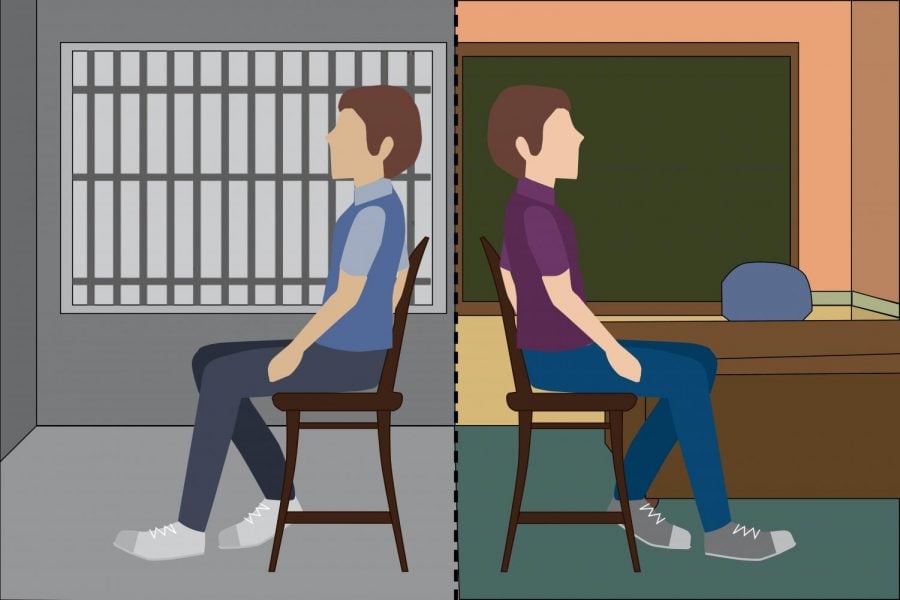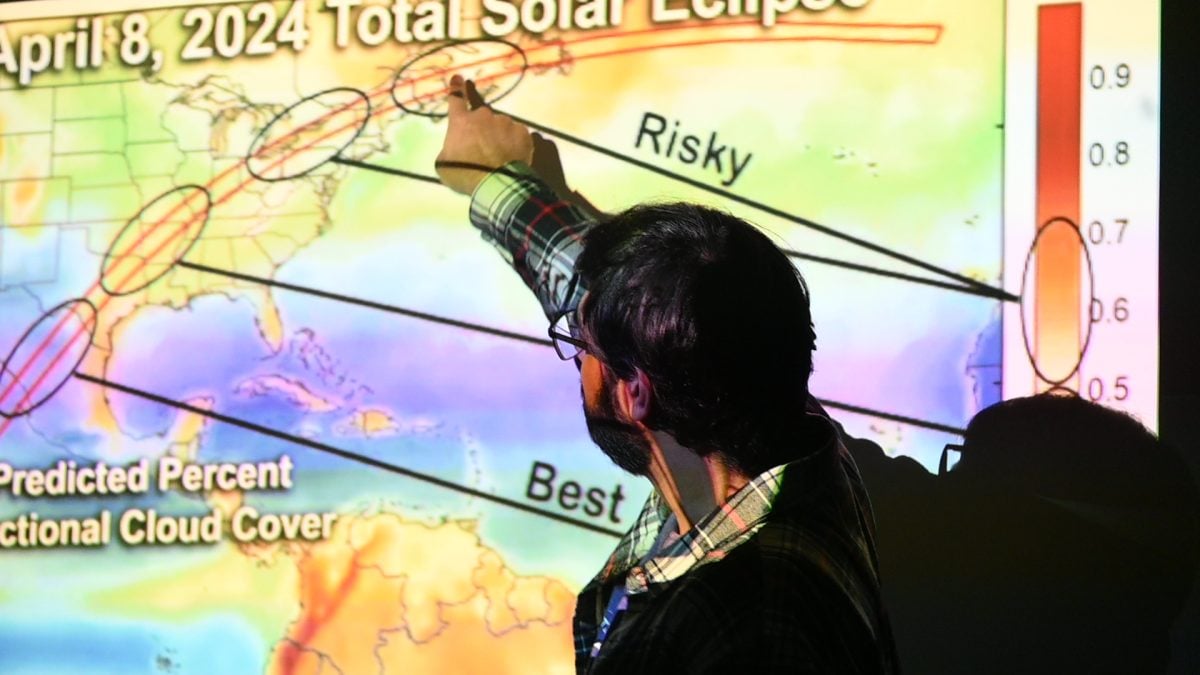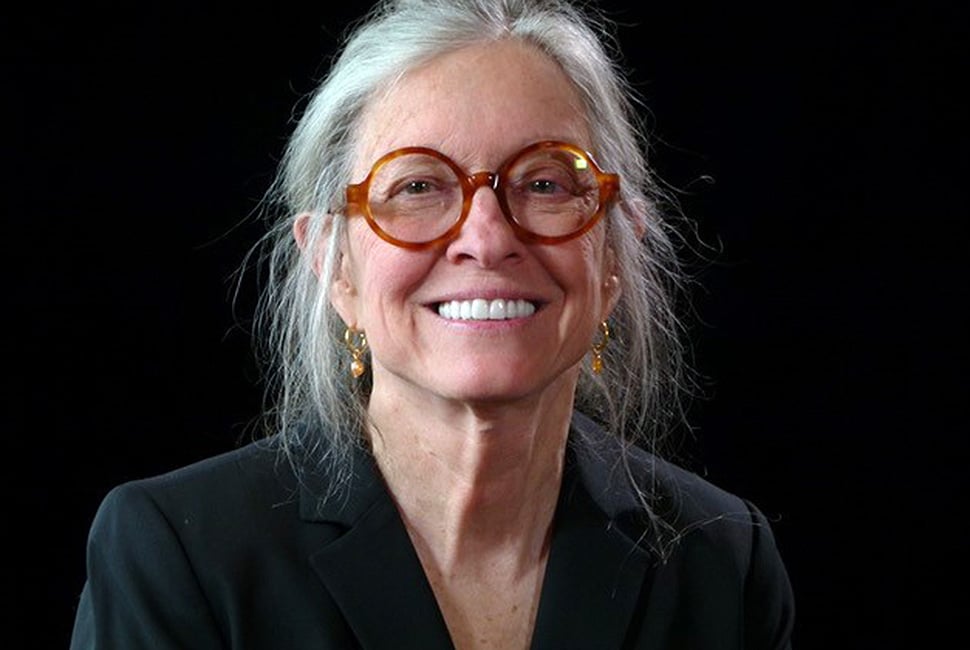The Northwestern Prison Education Program hosted a panel called “Community Response to Reentry and Recidivism” in Swift Hall Wednesday night.
The five panelists — some of whom were previously incarcerated — discussed the mental consequences of incarceration and spoke to the difficulties adjusting to societal changes upon reentry.
They also reflected on the significance of nonprofit work in aiding the reentry transition, with multiple panelists calling upon their experience in organizations like the Legacy Reentry Foundation.
From the beginning, the panelists made the message of this event clear: reentry is difficult.
“Men and women in prison simply are not taught any form of education skills for reentry, no real-world skills. You’re just left behind,” Fabian Santiago, a panelist who was recently exonerated from a 90-year first-degree murder sentence, said.
Santiago said he had no sense of direction and was “completely lost” when he re-entered society, which he described as “a world that was just so different from what (he) had learned.”
Although the panelists shared their struggles, they offered several ideas on how to aid former prisoners reentering public life.
Panelist Rev. George Moore Jr. spoke about the importance of community assistance and mutual aid organizations in helping formerly incarcerated people reintegrate.
“If the individual succeeds, that affects the collective… it’s important for all of us to get the individual rights so the collective can benefit,” Moore said.
Moore also touched on the importance of establishing local initiatives like community closets, where people can access the clothes they need.
Similarly, panelist MoDena Stinnette shared the story of a relative who studied financial literacy during his sentence. He eventually used that information to educate his community once released.
“It was a defining moment for him to feel that competence and be able to have something to contribute,” Stinnette said.
Several of the panelists also stressed the importance of restoring dignity to formerly incarcerated people. Stinnette commented specifically on the loss of “dignity, self respect, and pride” that many experience in prison.
The panel concluded with a brief question and answer session, which consisted primarily of dialogue between the panelists and other NPEP-affiliated individuals.
“It made me see the need for reentry programs,” panel attendee and SESP sophomore Megan Lin said.
Lin, a former member of NPEP’s student branch, the Undergraduate Prison Education Partnership, said she was inspired by the speakers’ resilience.
Lin said she wished more NU undergraduates would have attended. .
“Everyone needs to hear these stories because I feel like it’s something that’s not often talked about,” Lin said.
While panelists said there is more to be done to aid reentry and combat recidivism, most said they were hopeful and optimistic about smoother reintegration for formerly incarcerated individuals in the future.
“When you are in the furnace you can either be singed, or you can come out sparking,” Santiago said.
Email: [email protected]
Twitter: @JohnSisco37180
Related Stories:
— Author and journalist Ta-Nehisi Coates named commencement speaker for inaugural NPEP class
— NPEP expands to provide higher education to incarcerated women
— Panelists discuss death penalty history and abolition in NPEP roundtable















